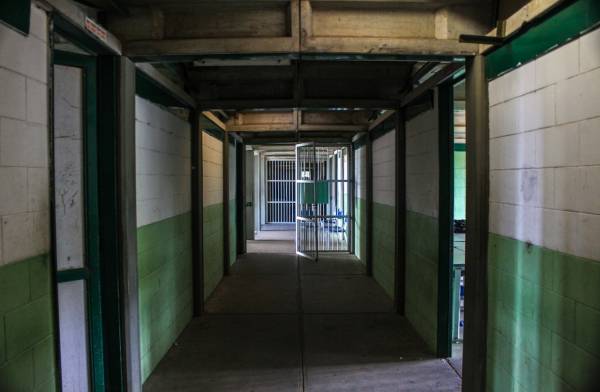Blog
Céline Dostaler
Content Categories
Bail reform should not be driven by isolated events

The federal government’s proposed reforms to the country’s bail system come after a handful of high-profile incidents where people out on bail were accused of committing horrific crimes. A prime example is the fatal shooting of an OPP constable late last year, killed while investigating a car in a ditch. The driver of the vehicle was out on bail and banned for life from owning a firearm.
While the officer’s death is a tragedy, this incident does not reflect what typically happens when people are released on bail, formally known as judicial release. In the vast majority of cases, people abide by the conditions set down by the court and attend trial when that comes up.
But when a crime is committed by those on bail, the media tends to sensationalise the event, which may help explain why the government is now proposing reforms.
Reverse onus provision
Bill C-48 would amend the Criminal Code, making it more difficult for offenders charged with violent crimes involving a weapon and who have similar past convictions to be released on bail. That would be done by implementing a "reverse onus" provision. That same provision would also be used for some intimate partner violence offences.
In most cases, prosecutors must prove that the accused is either a flight risk or a danger to the public to prevent release. Reverse onus shifts the burden to the accused to show they are not a danger.
Similar to the way that the proposed changes to the sex offender registry are focused on victims, amendments in Bill C-48 would benefit victims. But an accused also has rights. And the right to bail is fundamental, especially since those accused of a crime are still considered to be innocent until proven guilty.
SCC calls bail ‘the cardinal rule’
The Supreme Court of Canada (SCC) has provided significant guidance on bail and relevant Charter considerations. In R. vs. St-Cloud in 2015, the court noted “in Canadian law, the release of accused persons is the cardinal rule and detention, the exception.” Two years later in R. vs. Antic, the SCC ruled that “save for exceptions, an unconditional release on an undertaking is the default position when granting release … release is favoured at the earliest reasonable opportunity and on the least onerous grounds.”
That is why the Criminal Code states that a person has the right to a bail hearing within 24 hours of their arrest if a judge or justice of the peace is available, or as soon as possible once someone becomes available.
Undesirable outcomes can occur when people are denied bail. Let’s say a repeat offender is arrested and held in custody. They may then be told if they plead guilty, they can be released in 30 days. To avoid spending months in custody they may agree to that plea, even if they did not commit the crime. How does that serve justice?
Custody is expensive
There is also a financial cost to be considered. According to a 2018 report from the Parliamentary Budget Officer, “The average institution-specific expenditure associated with each inmate is $114,587/year or $314/day per offender.”
Despite that price tag, adults in remand outnumber those in sentenced custody across Canada. According to a report from Statistics Canada, adults in remand outnumber those in sentenced custody in most provinces and territories. The report adds:
- The average number of adults awaiting trial or sentencing in provincial/territorial correctional services has been greater than the adult sentenced custody population since 2004/2005.
- In 2018/2019, 70 per cent more adults were in remand on an average day than in sentenced custody (14,778 versus 8,708). “Having a high number of adults in remand can lead to various challenges associated with providing services to inmates – such as housing and rehabilitation – due to the uncertainty regarding their length of stay,” the report states.
- Among 10 of the 13 provinces and territories in 2018/2019, the adult remand population accounted for more than half of all adults in custody (those in remand and sentenced custody combined).
People should not be held in custody unless it is absolutely necessary. It is unfair to unnecessarily detain an accused since several months will pass between them being charged and a court date. Our justice system is based on the concept that only the guilty should be punished. That’s why a finding of guilt is only reached if the Crown can prove that guilt beyond a reasonable doubt.
Contact me for assistance
As a criminal defence lawyer, I am wary when bail reform is contemplated. I understand the judicial system needs to protect victims. At the same time, it is unfair to have people held in custody waiting for trial for a crime they may not have committed. If you, a family member or a loved one is facing charges, call me for a free consultation, in French or English.
